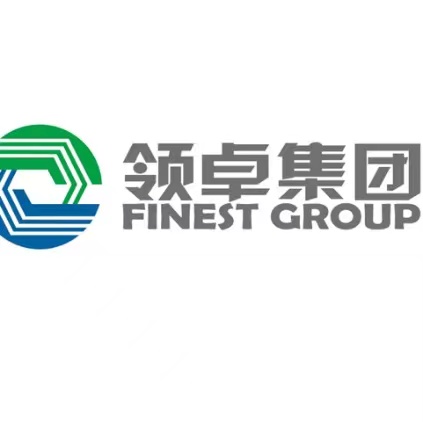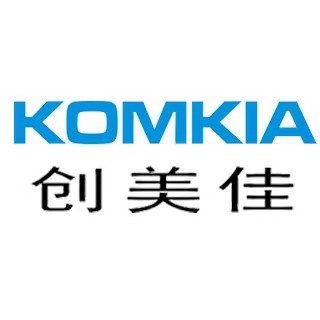
In an industry where over $2 trillion is generated annually, electronics manufacturing trade shows play a pivotal role in shaping market trends and fostering innovation. These events not only showcase cutting-edge technology but also navigate complex legal landscapes that govern their operations.
The Legal Framework Surrounding Electronics Manufacturing Trade Shows
Electronics manufacturing trade shows are significant platforms for networking, showcasing innovations, and facilitating business transactions. However, they are also subject to various legal regulations that ensure compliance with local and international laws. One critical aspect of these regulations is adherence to the California Consumer Privacy Act (CCPA), which mandates transparency in data collection practices during such events. This legislation emphasizes consumer rights regarding personal information, thereby influencing how exhibitors manage attendee data.
CNC Exhibitions and CCPA Compliance
cnc exhibitions represent a specialized segment within electronics manufacturing trade shows that focuses on computer numerical control technologies. In terms of CCPA compliance, cnc exhibitions must implement stringent measures to protect attendees’ personal information collected through registration processes or interactive displays. Organizers are required to provide clear disclosures about data usage while ensuring participants can exercise their rights under the CCPA—such as accessing their data or opting out of its sale—thus promoting trust among stakeholders.
The Role of ITES in CCPA Compliance
The Information Technology Exhibition Services (ITES) sector plays a crucial role in maintaining compliance with the CCPA at electronics manufacturing trade shows. ITES providers facilitate secure environments for data handling by implementing robust cybersecurity protocols and privacy policies tailored to meet regulatory requirements. They assist exhibitors in understanding their obligations under the law while providing tools for effective management of consumer consent forms and opt-out requests, ultimately enhancing overall compliance efforts across all facets of event organization.
Conclusion

In summary, electronics manufacturing trade shows operate within a framework defined by numerous legal attributes, particularly concerning CCPA compliance. As these events continue to evolve alongside technological advancements, it becomes imperative for organizers and exhibitors alike to prioritize adherence to privacy laws while fostering an environment conducive to innovation and collaboration.

